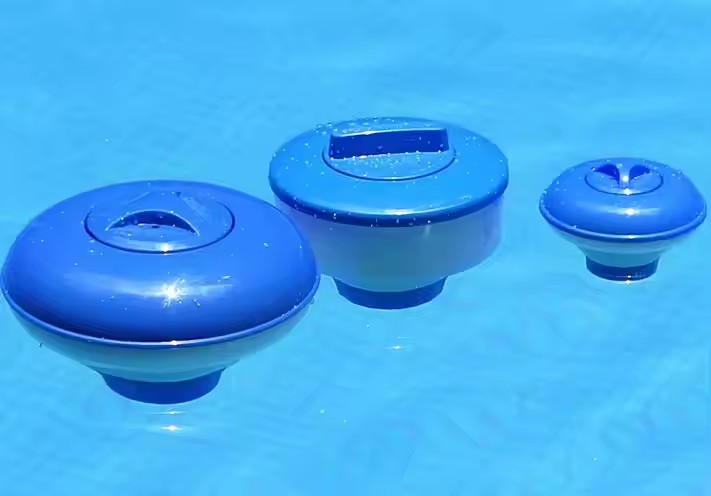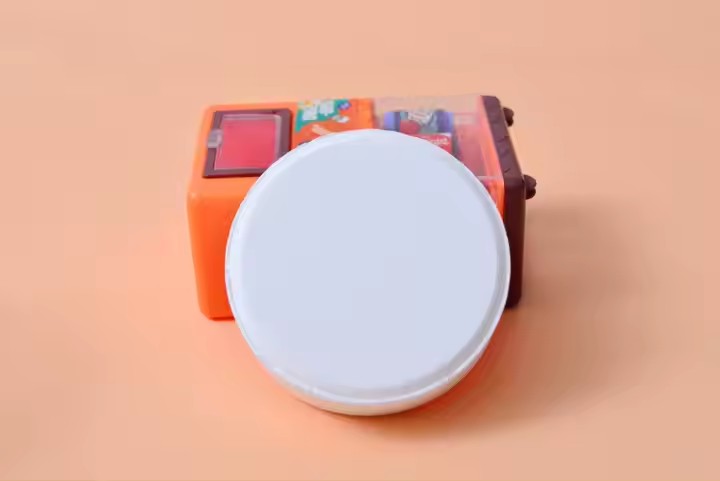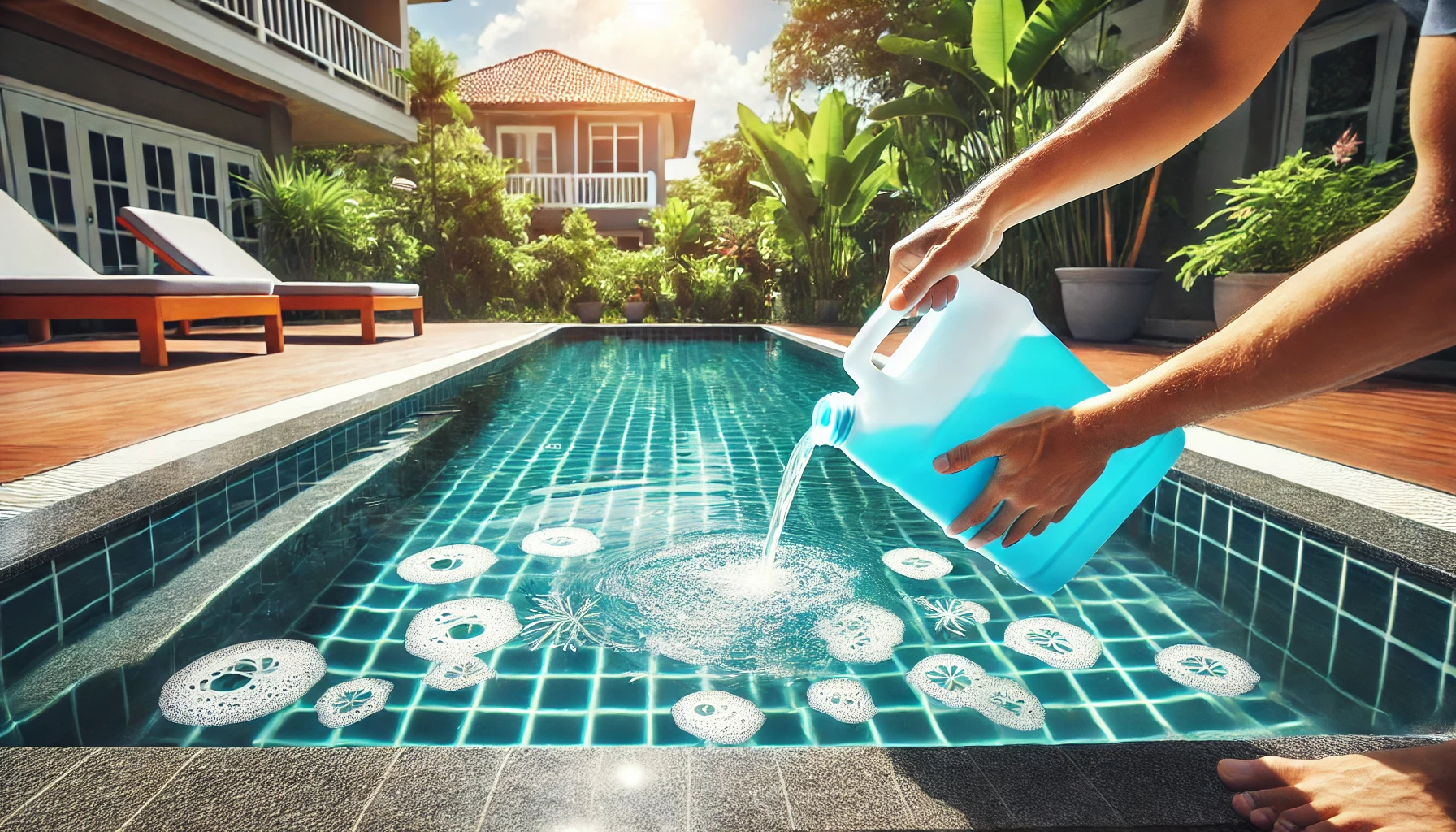Swimming pool chlorine tablets, as a crucial chemical product for maintaining pool hygiene and ensuring water quality safety, have their production quality directly linked to the effectiveness of the final product and the health safety of users. Therefore, manufacturers must strictly control every step in the production process to ensure that the products meet international standards and comply with environmental and safety regulations.

Quality Control of Raw Materials
In the production of swimming pool chlorine tablets, the use of high-quality raw materials is essential. Manufacturers typically choose ISO-certified suppliers to ensure that raw materials like calcium chloride and sodium chloride meet industrial purity and quality standards. Additionally, manufacturers conduct incoming material inspections, including moisture tests and impurity analysis, to prevent fluctuations in raw material quality from affecting the final product. Proper storage conditions and inventory management are also critical components of raw material quality control, to prevent materials from becoming damp or deteriorating during storage.
Strict Monitoring of the Production Process
The production of chlorine tablets involves precise chemical proportioning and reaction control. Manufacturers use automated control systems to accurately adjust the temperature, pressure, and reaction time in reactors, thereby ensuring the stability and efficiency of the chemical reactions. Furthermore, cameras and sensors on the production line monitor the production status in real time, quickly identifying and resolving any anomalies that arise during production. Strict monitoring of the production process not only enhances product consistency but also reduces production costs.
Product Quality Testing
To ensure the quality of each batch of chlorine tablets, manufacturers conduct a series of quality tests before the products leave the factory. These include, but are not limited to, pH testing, effective chlorine content testing, rapid dissolution tests, and efficacy assessments against standard bacterial strains. These tests are carried out using high-precision instruments to ensure that each batch meets or exceeds international safety standards. Test results are meticulously recorded and archived, providing traceability for production batches and, if necessary, used to address customer complaints.
Compliance with Safety and Environmental Standards
The production of swimming pool chlorine tablets involves the handling of harsh chemicals, requiring manufacturers to implement strict safety and environmental measures. This includes using closed systems to minimize leaks of chlorine and other chemicals, ensuring that wastewater and exhaust systems comply with environmental regulations, and providing comprehensive safety training and personal protective equipment for employees. Additionally, manufacturers regularly conduct environmental impact assessments and safety drills to ensure the effectiveness of emergency measures.
Customer Feedback and Market Adaptability
In a highly competitive market, manufacturers optimize their products by actively responding to customer feedback. This includes regular communication with distributors and end-users to gather feedback on the effectiveness and convenience of the chlorine tablets. Manufacturers may also adjust product specifications based on specific customer needs, such as developing tablets of different sizes or dissolution rates. Furthermore, continuous research on market trends allows manufacturers to anticipate future market demands, adjust production strategies timely, and seize market opportunities.
Conclusion
Through a detailed analysis of the key points that swimming pool chlorine tablet manufacturers focus on during production, we can see how manufacturers ensure product quality and safety through scientific management and technological application. This strict control of quality not only protects consumer interests but also lays a solid foundation for the sustainable development of the business. As market demands continue to evolve and environmental standards rise, manufacturers need to continually innovate and adapt to maintain their competitiveness in the market. Only those businesses that can actively respond to market changes and value consumer feedback will hold a leading position in future market competition. Such industry practices not only promote technological progress but also contribute to the development of the public health and environmental protection sectors.


